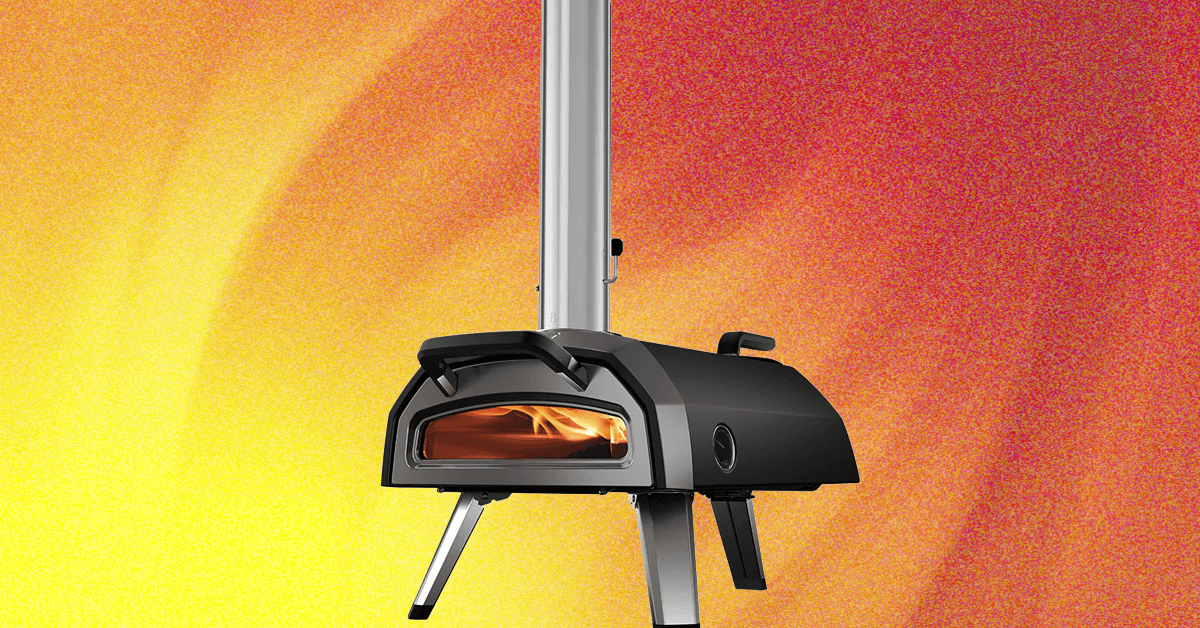The Outer Worlds 2: In space, no one can hear you laugh (or criticize capitalism)

Developer Obsidian Entertainment knows how to design role-playing games. They've proven it on multiple occasions: Fallout: New Vegas and Avowed, to name just two. They have a sense of direction, a passion for level design, and a talent for storytelling. In The Outer Worlds 2 (console and PC), they've chosen to criticize capitalism with lightheartedness and irony, without getting too carried away, with just the right ironic tone and a clear desire to make us face the consequences of our choices. The sequel to their 2019 sci-fi RPG is a political journey through classic dystopias. You're a member of the Earth Directorate, a charitable organization dedicated to curbing corrupt governments and corporations. Then a lot of things happen that I can't even summarize here. If you played the first Outer Worlds, you're right there. The "two" is set in a larger universe, where there are more planets to explore, more enemies, more weapons, and more dialogue. Here's the thing: Obsidian's games should be listened to, read, and studied calmly. No one has any interest in convincing you of anything: you're an actor in a play, you have your own biography that you can carefully choose, and you know that everything you say or do will have an impact on the game. You may have strengths and weaknesses, you'll discover them as you play, and this will make the challenge more interesting.
You get the feeling that everything is the same. Obsidian never takes sides. It floats between all factions too lightly. Games don't have to be militant, but they don't have to be too sterile either.
The setting is typical of video game science fiction. Each planet offers vistas reminiscent of paperback covers. The retro advertisements, glowing holographic ads, and 20th-century propaganda posters are familiar to video game fans, but it's always a pleasure to return to those places. The themes, moreover, speak to our times in an almost unsettling way.
ilsole24ore





